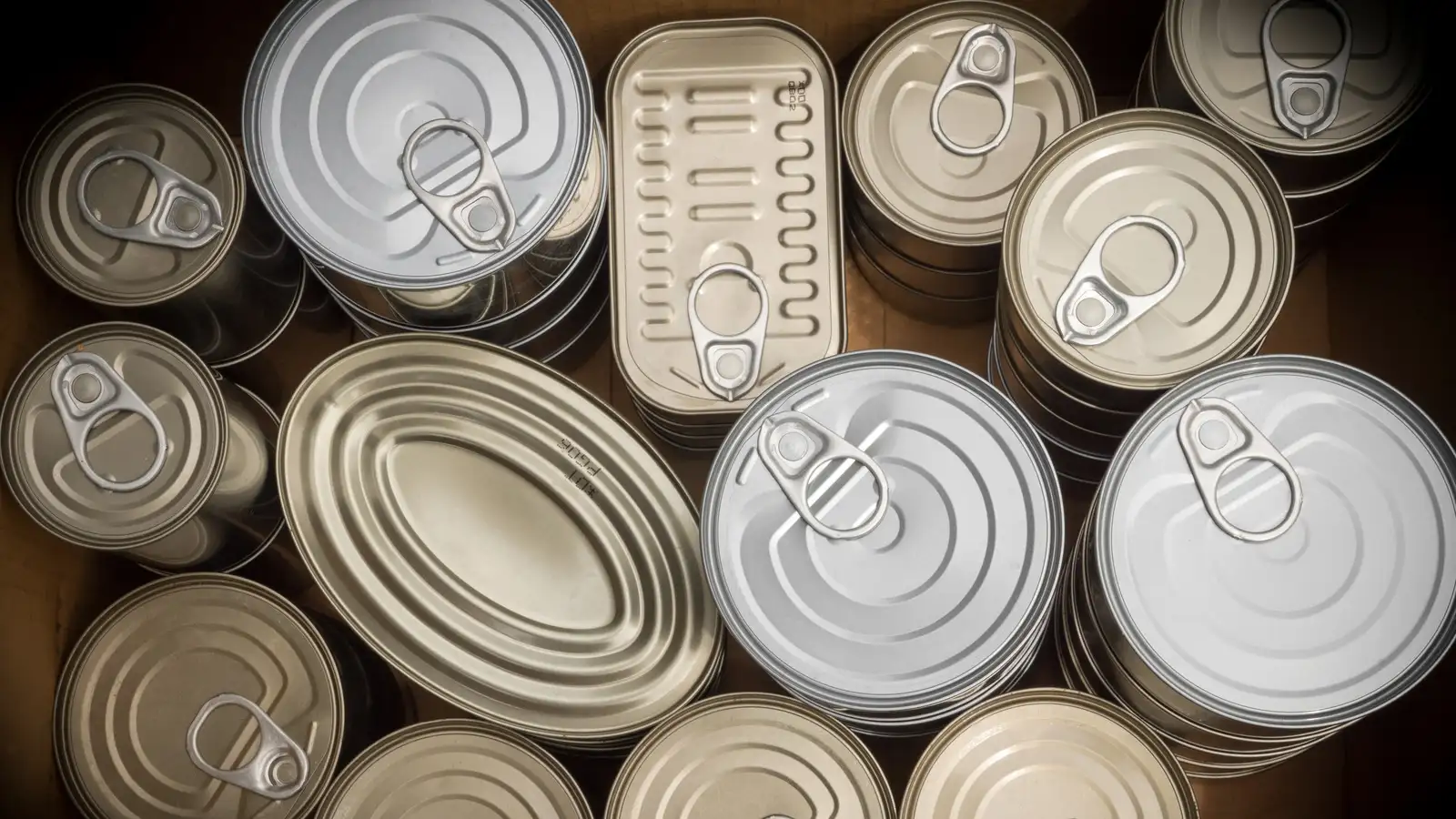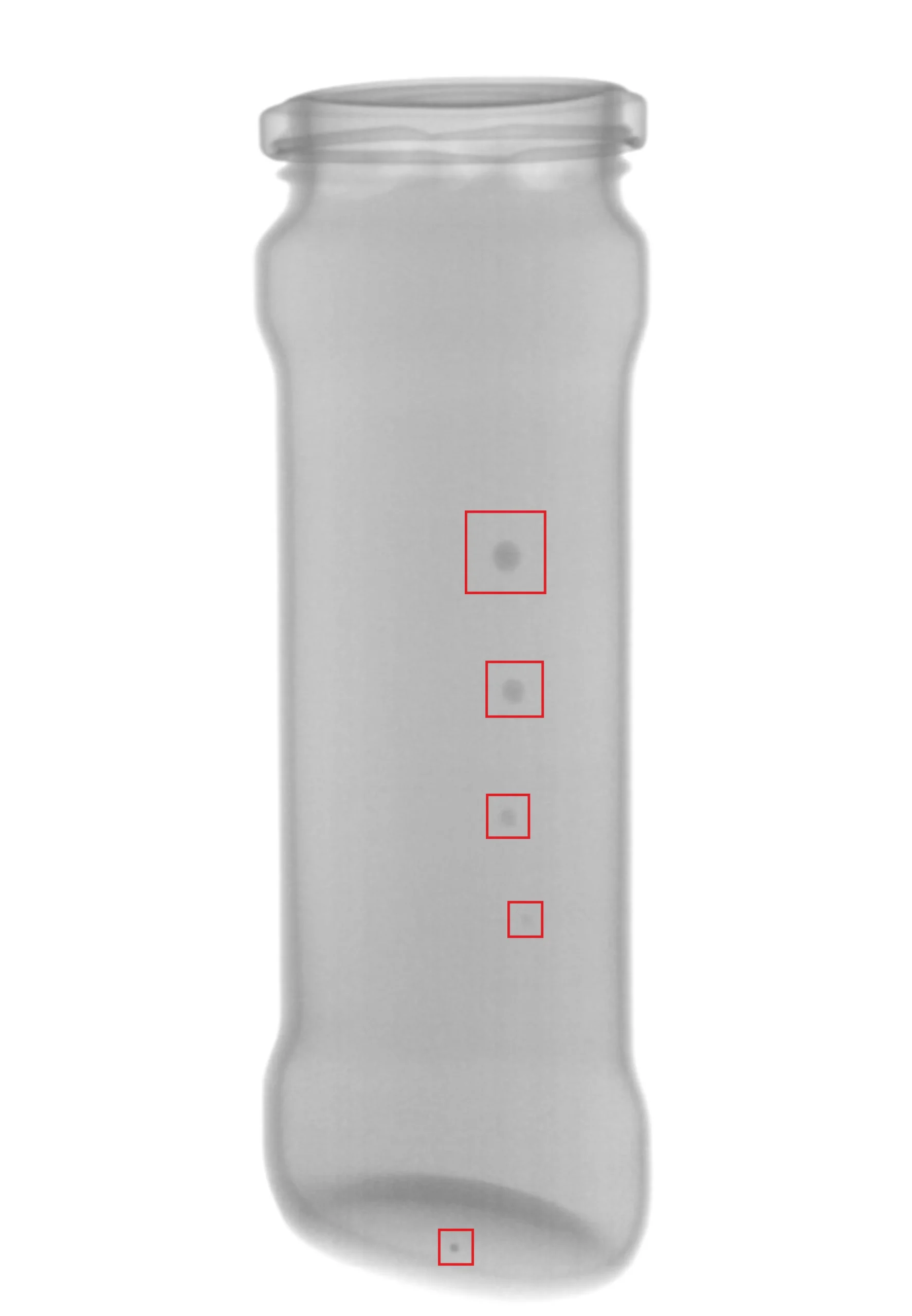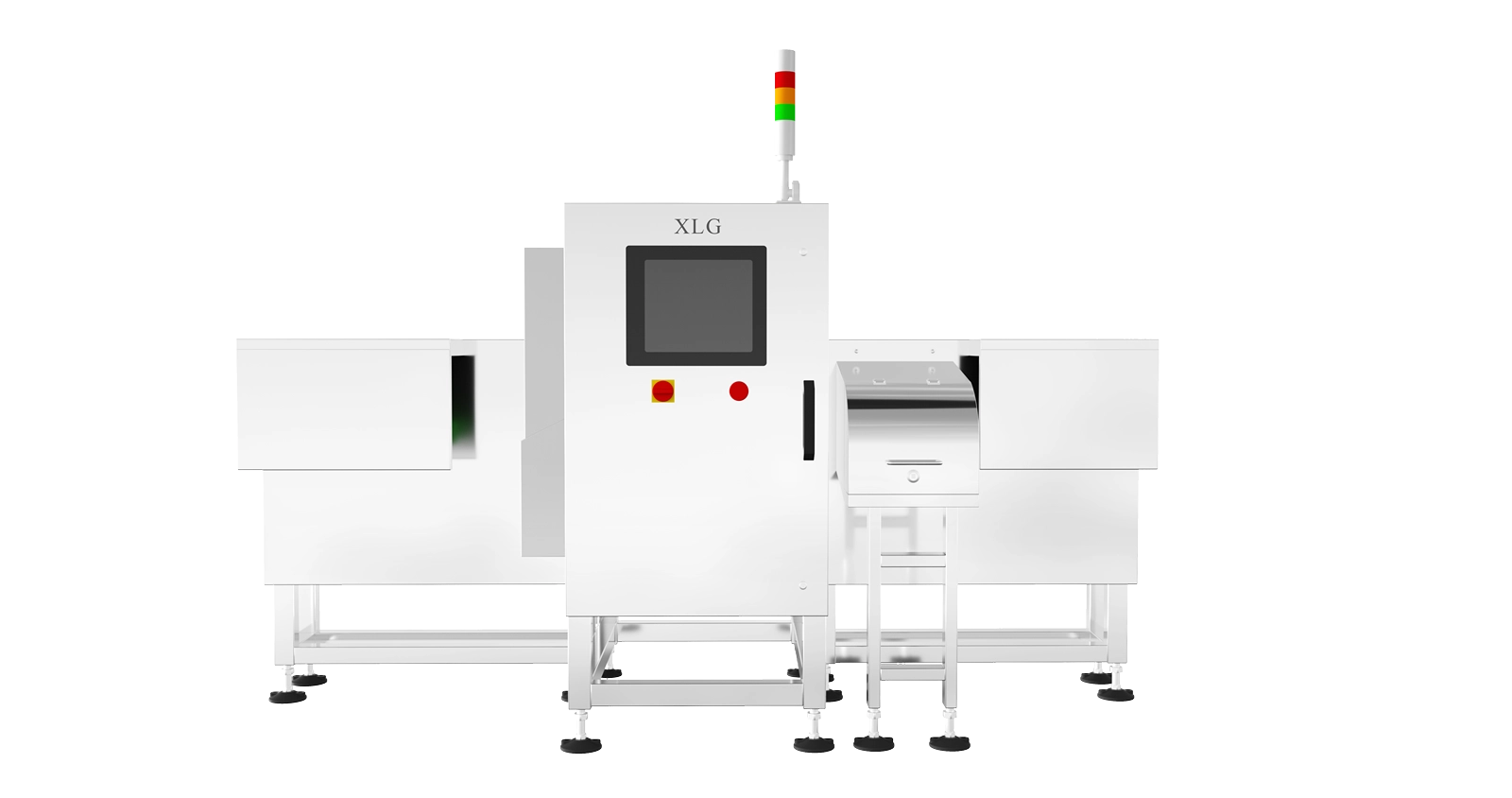Canned & bottled food sorting
Enhancing Canned & bottled food sorting efficiency with Meyer advanced sorting technology
Improve Canned & bottled food sorting quality and increase throughput
Canned & bottled food optical sorting process
MEYER X-RAY inspection machine provides customers with intelligent, professional, and comprehensive inspection solutions in many areas of the food industry. Technologies used in X-RAY devices ensure the safety and quality of food products. MEYER offers X-RAY detectors that make it possible to detect foreign bodies in canned, bottled, or boxed food and other packages. Using MEYER X-RAY machines, various foreign bodies, such as metals, stones, glass, lumps of earth, rubber, Teflon elements, plastics, or raw bones may be recognized in products.
See sorting samples
Examples of Canned & bottled food sorting with Meyer
Best sorting machines for Canned & bottled food sorting
Benefits of using Canned & bottled food sorting machines
Increased purity and quality
Optical sorters can detect and remove discolored materials, foreign materials, and defects such as stones, sticks, or damaged grains. This results in higher purity and quality of the final Canned & bottled food product, meeting consumer and market standards.
Better Efficiency and Throughput
Optical sorting technology allows for the processing of large volumes of Canned & bottled food quickly and accurately, significantly improving throughput compared to manual sorting methods.
Reduced Labor Costs
Automated sorting reduces the need for manual labor, leading to cost savings and reduced human error in the sorting process.
Improved Product Value
Higher quality and purity of sorted Canned & bottled food can lead to better market prices and customer satisfaction.
Versatility and Flexibility
Optical sorters can be used for different varieties of Canned & bottled food and can be adjusted for different sorting needs, making them versatile tools in Canned & bottled food processing.
Reduced Waste
Efficient sorting helps reduce waste by ensuring that only genuinely defective materials are removed, while maximizing the amount of good product.
Data Collection and Analysis
Modern optical sorting systems can collect valuable data about the waste stream, such as composition and contamination levels, aiding in process optimization and regulatory compliance.
Decreased Environmental Impact
By increasing the amount and quality of recycled materials, optical sorters contribute to reduced reliance on virgin resources, lower greenhouse gas emissions, and a smaller environmental footprint for waste management operations.
Enhanced Product Safety
By removing contaminated grains or foreign objects, optical sorters help prevent potential health hazards, contributing to safer products.
Our clients’ stories
Frequently Asked Questions
Can X-rays detect a lack of product in the packaging?
Yes. X-rays can reveal missing or insufficient amounts of product in the packaging because different materials (such as food and empty spaces) have different densities, allowing the detection of voids.
Can X-ray systems detect foreign objects in packaging without opening cans or jars?
Yes, X-ray systems can detect foreign objects in packaging without opening it. X-ray detectors scan the entire package, using X-ray radiation that passes through the material and is absorbed differently by various substances. Due to the different densities of materials, X-ray systems can identify foreign objects such as metal, glass, plastic, wood, or stones, which may pose a risk to food quality or safety. These foreign objects have different X-ray absorption than food or packaging material, enabling their detection without opening the package.
Does X-ray detection affect the quality of food in cans or jars?
No, the X-ray radiation used in industrial inspection systems has a very low dose and does not cause any chemical, physical, or biological changes in food products. It does not affect the taste, texture, nutritional value, or shelf life of food. This technology is widely used in the food industry and approved by food safety organizations such as the FDA (Food and Drug Administration) and EFSA (European Food Safety Authority).


